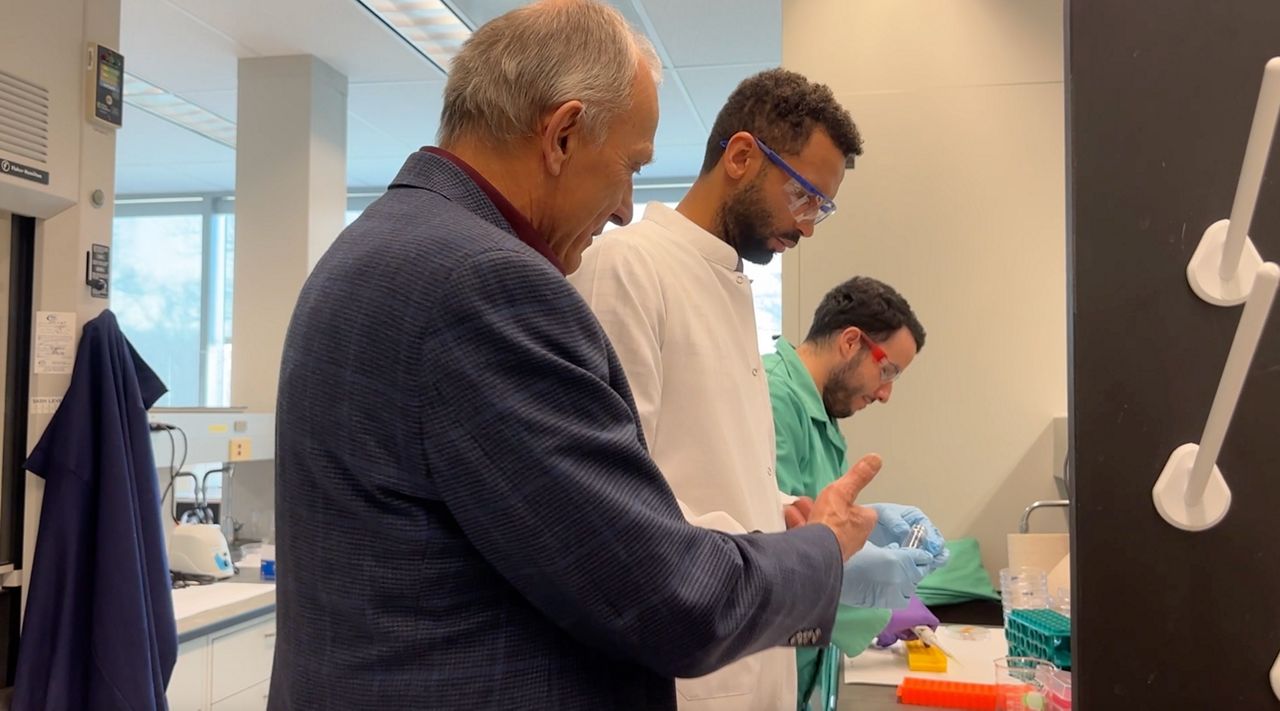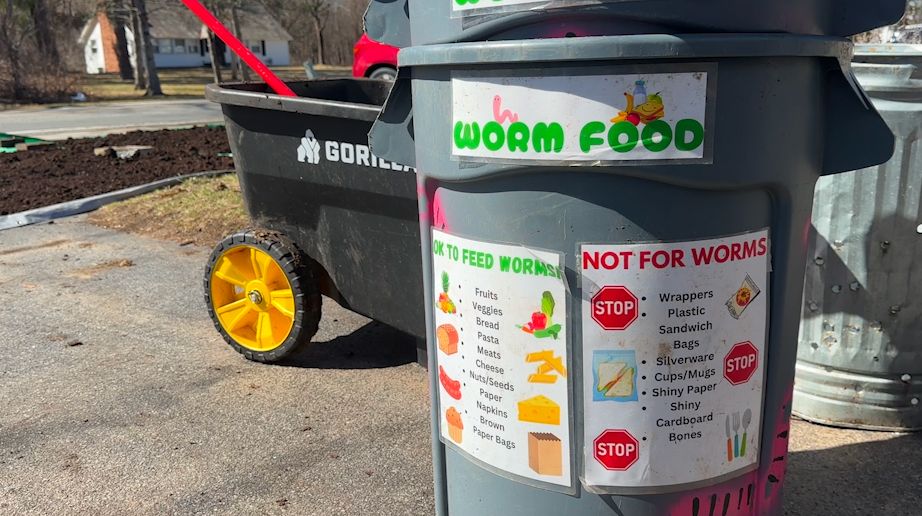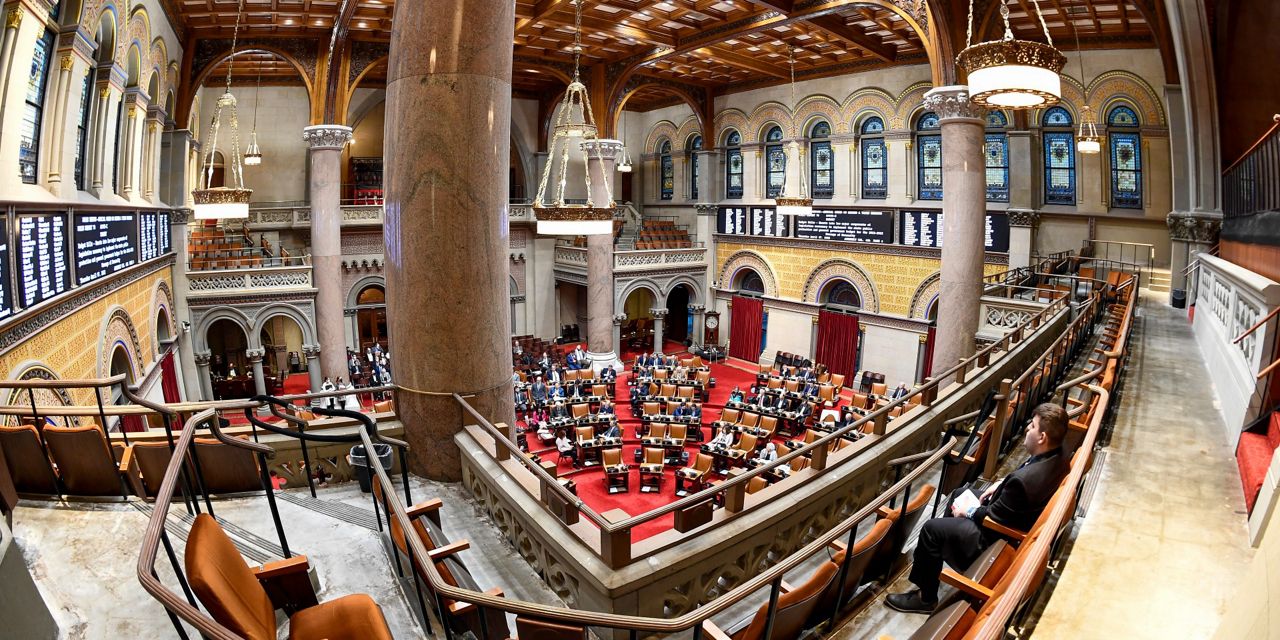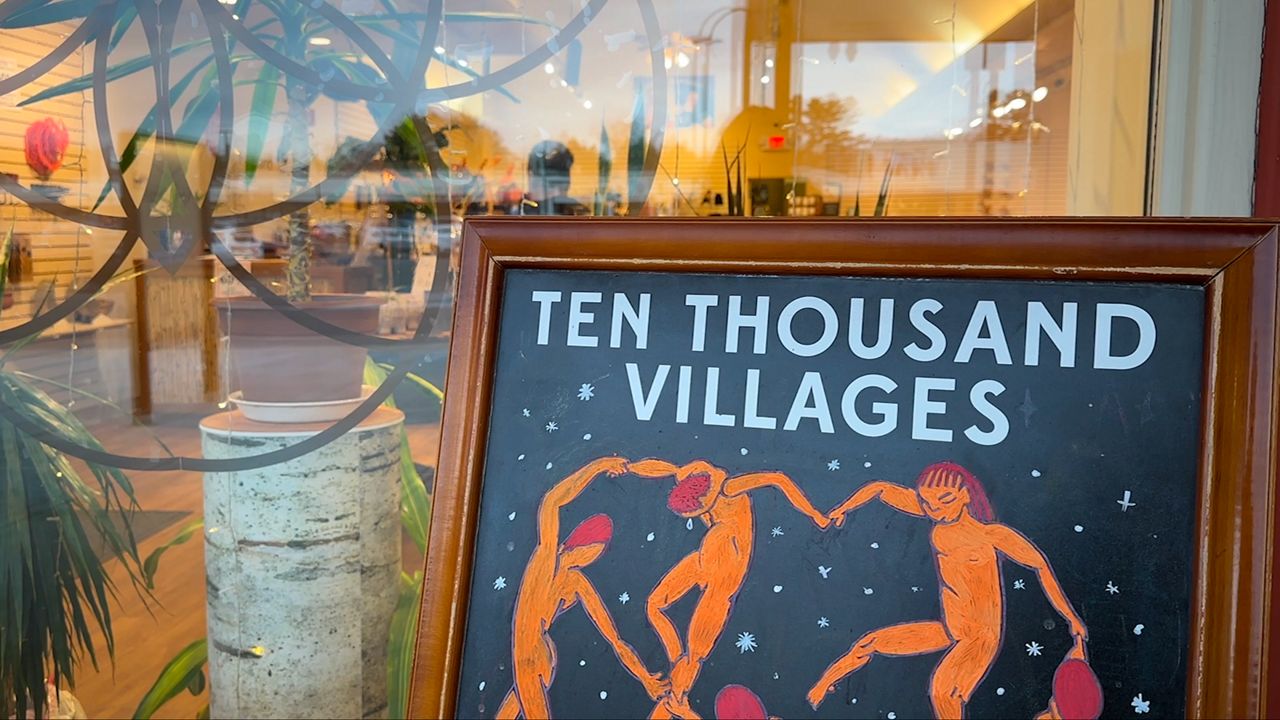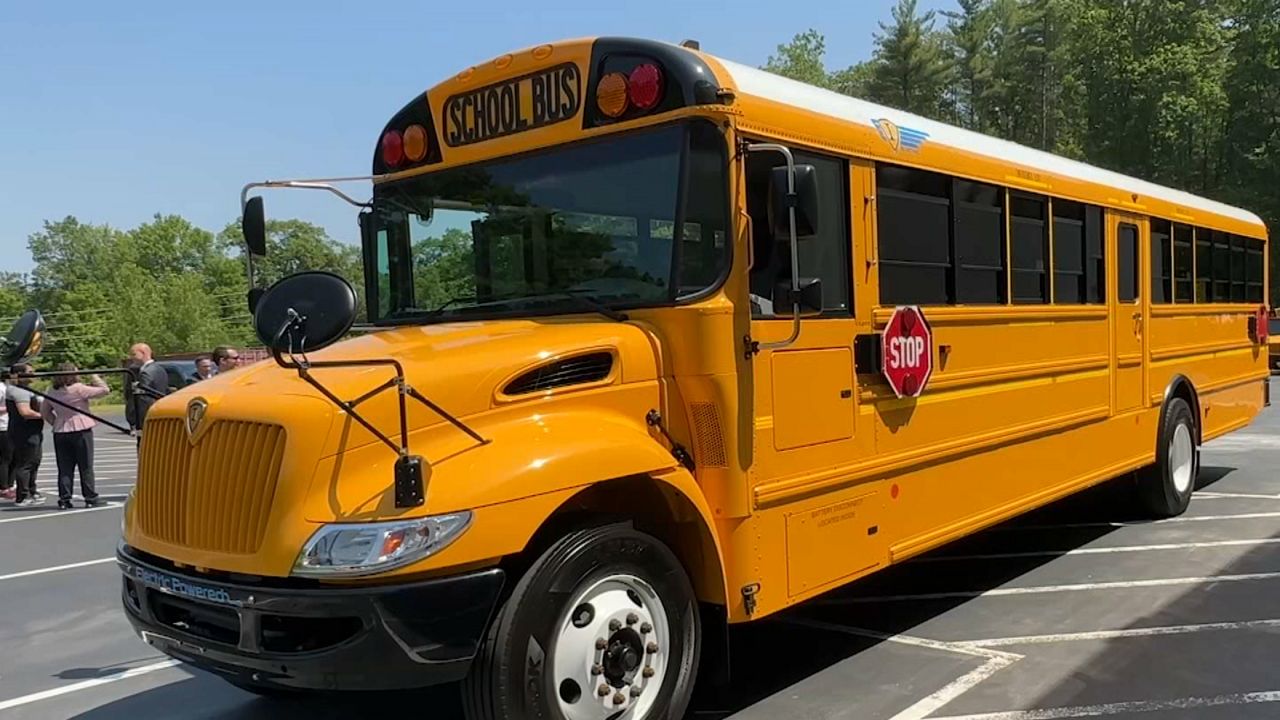The National Council on Problem Gambling reports one in four college students gamble. Some experts attribute this to legalized sports betting and expanding access beyond the walls of traditional casinos and sportsbooks.
With more than 5% of college students developing a gambling problem, per the NCPG, the University at Albany is partnering with the state of New York to help curb the troubling trend.
"Late adolescence and emerging adults are still developing in terms of their cognitive functioning and their brain,” said Dr. Dolores Cimini, a licensed psychologist at UAlbany’s Center for Behavioral Health Promotion and Applied Research.
In terms of online betting, the Empire State is coming off a historic year. The state’s Gaming Commission reports New Yorkers bet nearly $24 billion on sports since last April, 22% more than the same period a year before, a record on the state and national level.
"It is critical to intervene in both a timely and culturally responsive manner when we address gambling,” Cimini said.
UAlbany is joining the state's Council on Problem Gambling and Office of Addiction Services and Supports to address problem gambling on college campuses.
"Screening, brief intervention and referral to treatment involves conducting a brief assessment of the level of gambling or degree of gambling an individual student may experience to identify a level of risk,” Cimini said.
Seven colleges and universities across the state are participating. Each will receive financial support, access to training and ongoing assistance from the state's council on problem gambling.
"They don't describe poker nights as gambling,” said Evan Ozmat, a UAlbany doctoral student. “They see gambling really as just going to the casino; they have a very narrow definition of it."
Ozmat is part of the initiative working as a peer prevention navigator.
"What does problematic gambling look like in the early, initial stages? That could be chasing losses, gambling money that you can't afford to lose, using financial aid,” he said of his interactions with his peers. “So, we have conversations about why that's risky and try to meet the student where they're at."
Making those connections sooner rather than later should help form a better understanding of gambling trends and how to address problem gambling more effectively.
Ozmat, who said he battled an opioid addiction as an undergrad, says the work will be valuable.
"This is exactly the type of project that perhaps could've reached me and could've connected me to different resources,” he said.





